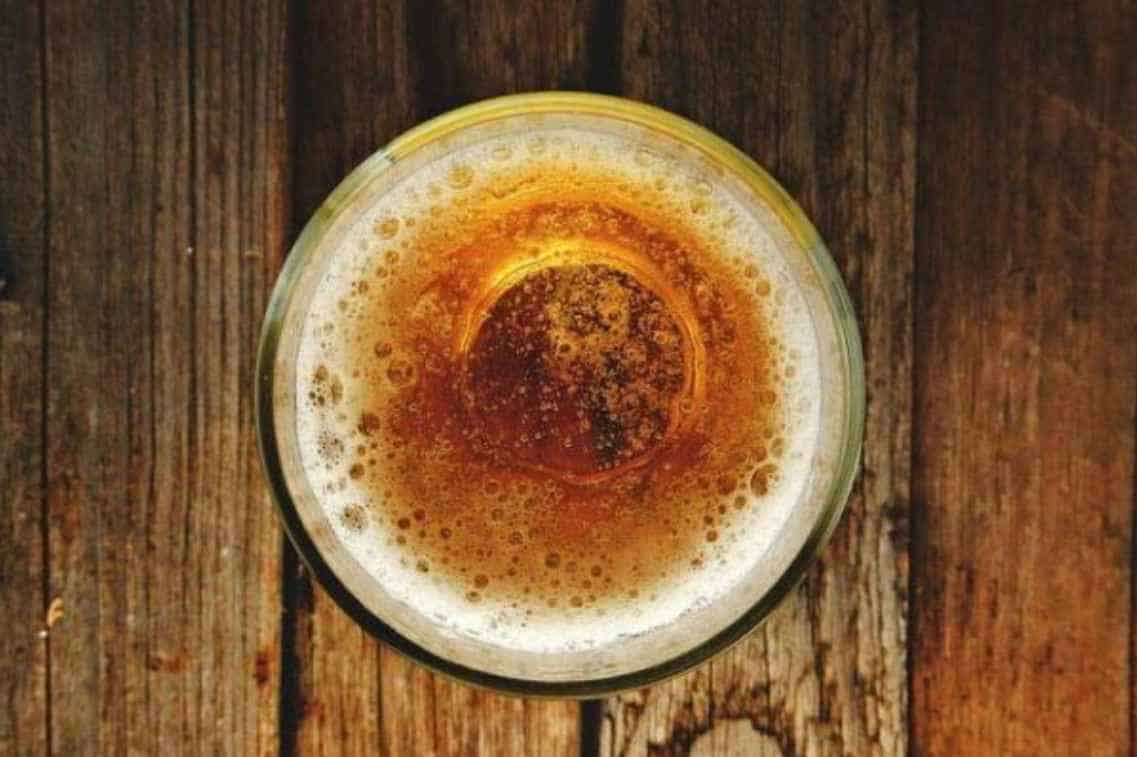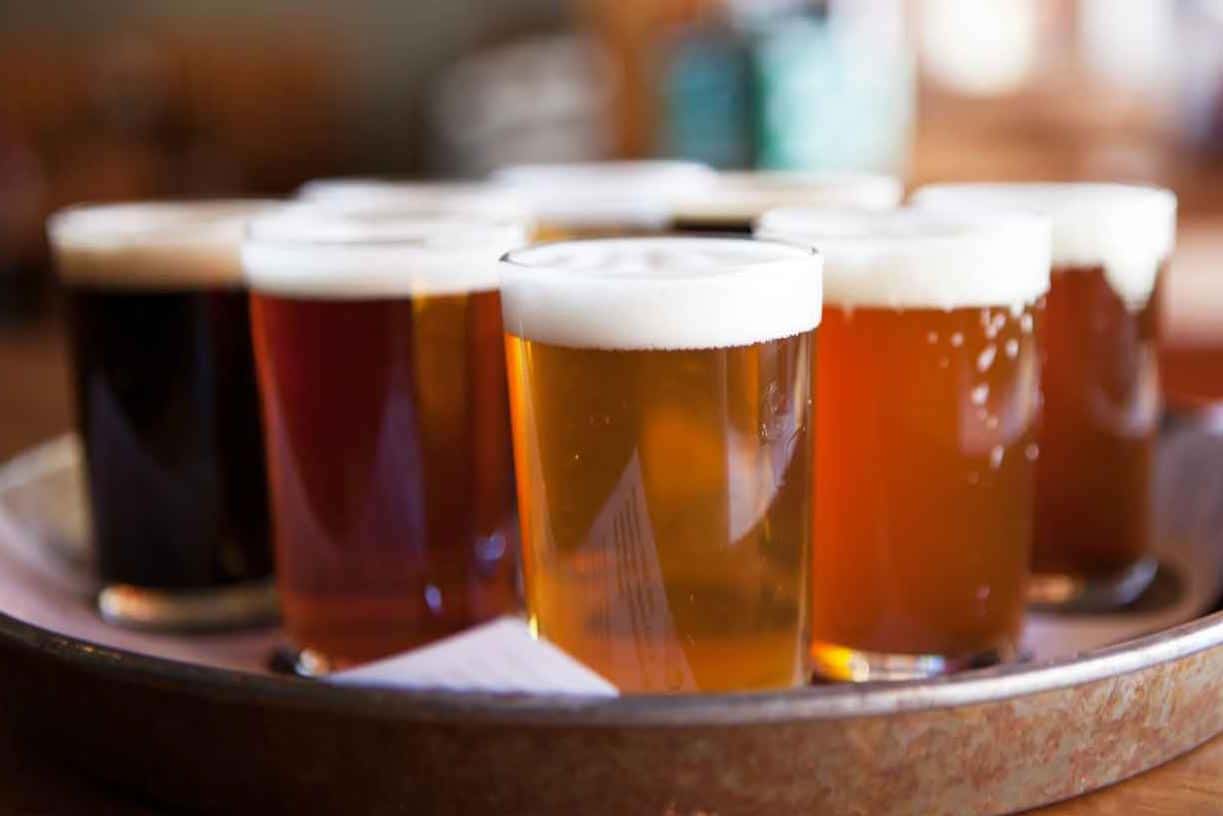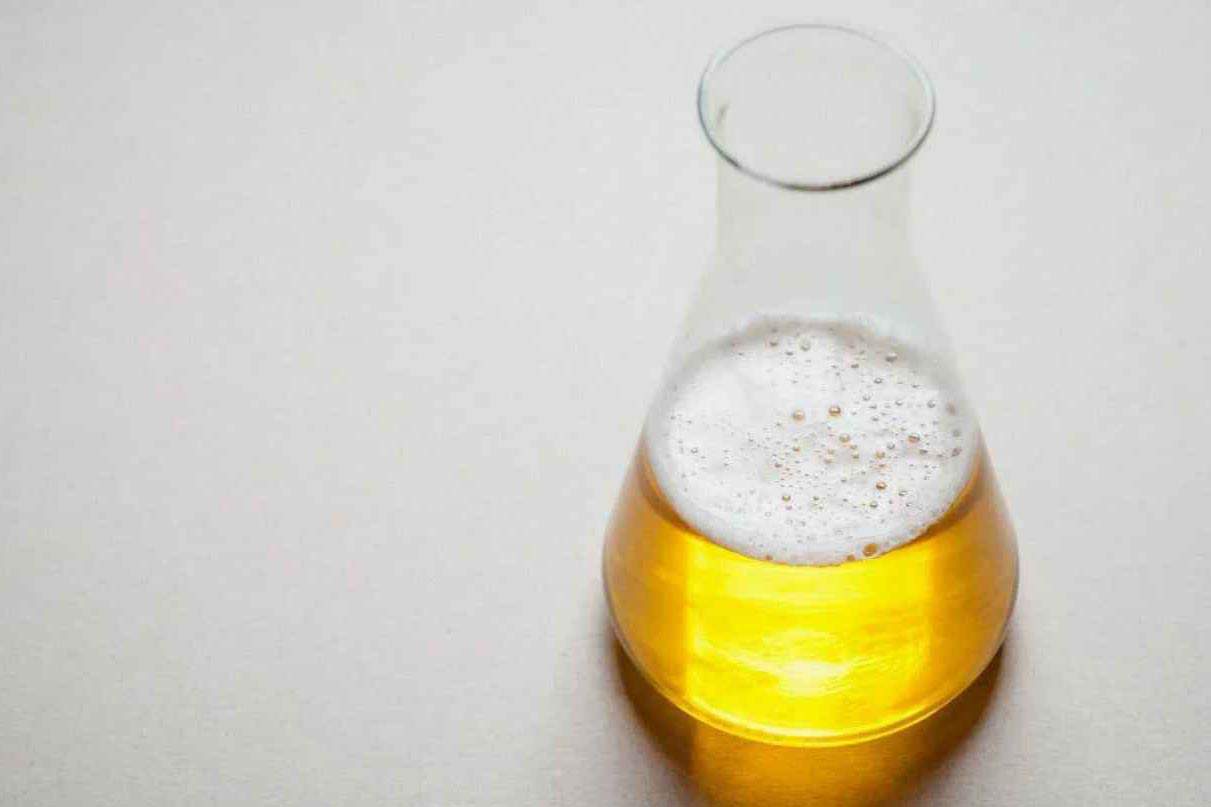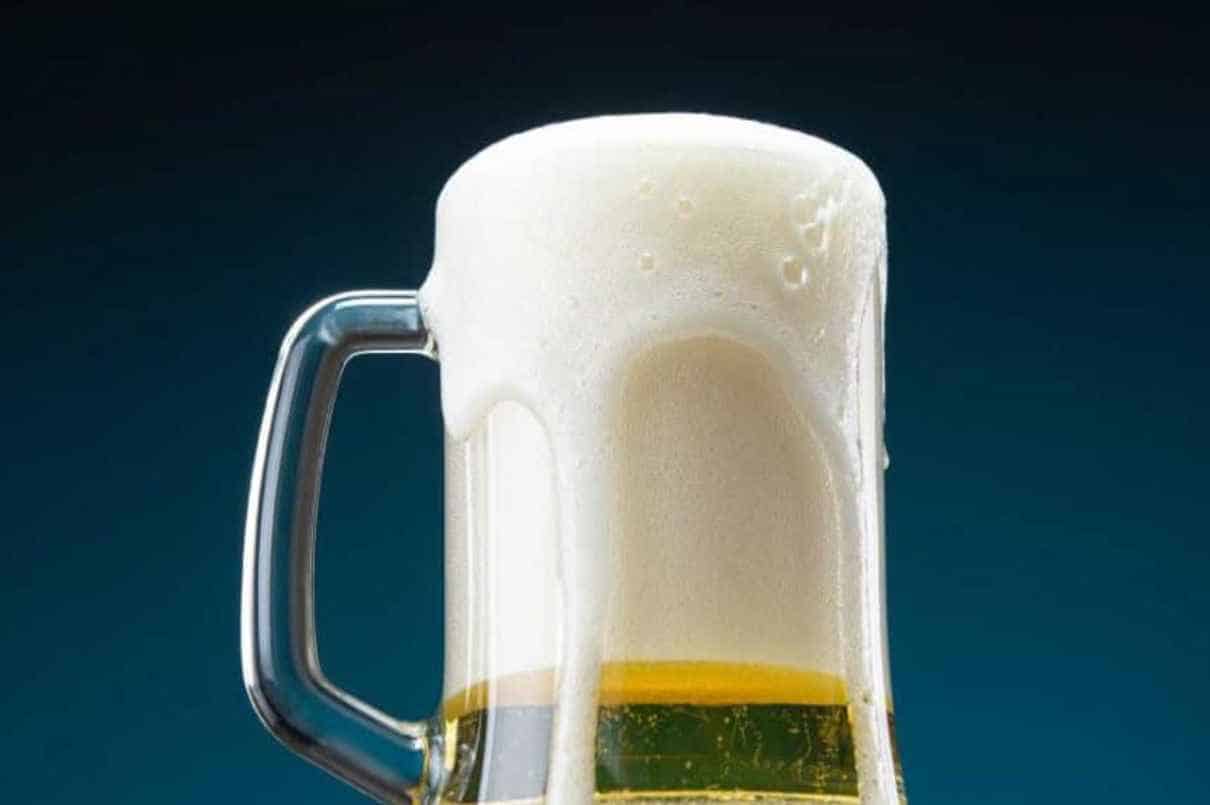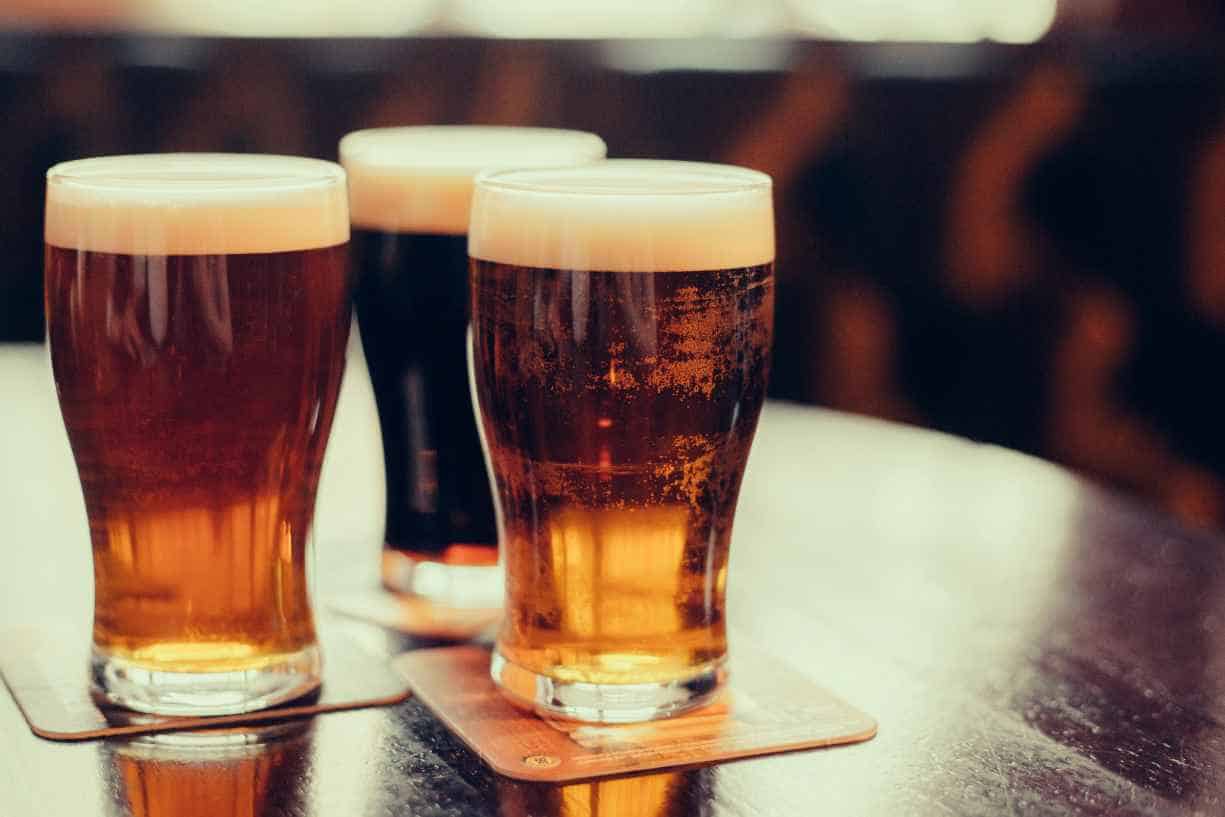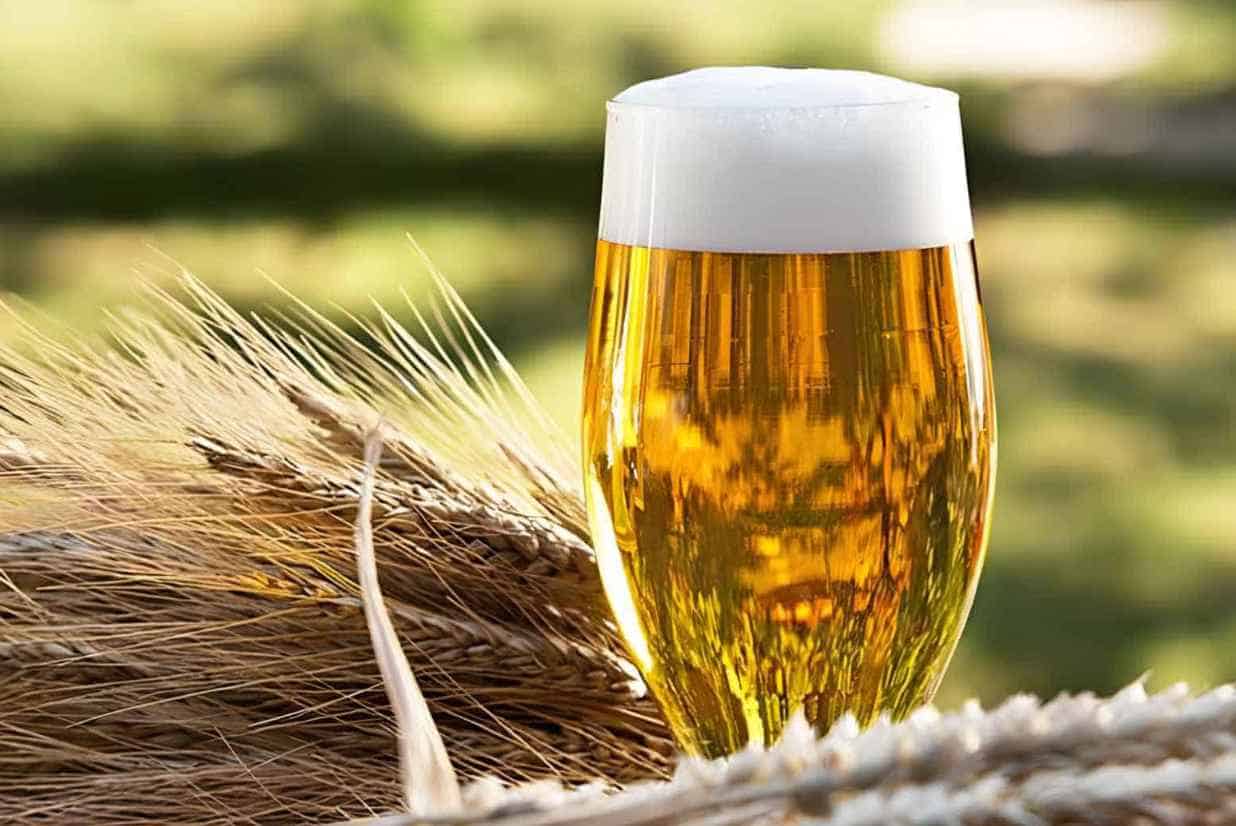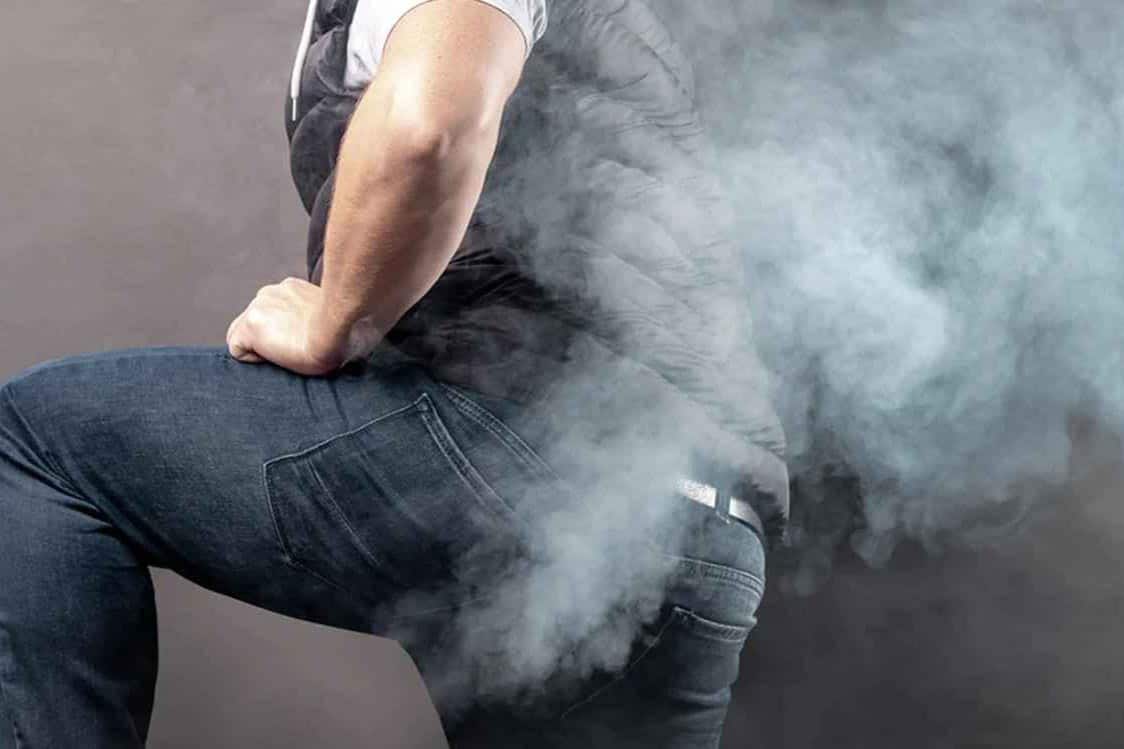Beer has its fair share of potential side effects. With that said, a common one is flatulence or farting. But why does beer make you fart? This article will explain it all!
Does Drinking Beer Make You Fart?
Beer may provoke an increase in gas in some people. It’s due to the hops and yeast in the drink. These chemicals can be a struggle for many to process.
Fizzy drinks (such as beer) have carbon dioxide, which can increase gas production in your stomach. If you’re drinking a beer high in carbs or gluten, it could also be causing bloating issues for some.
In general, drinking alcohol could result in amplified gas and the relaxation of muscles around your intestines which causes frequent expulsion.
It’s necessary to know that everyone’s body differs from one another. So, what may cause gas in you can vary for someone else. Nonetheless, beer or other alcoholic drinks are usually known as the cause of increased episodes of gas among many.
Why does Beer Make You Fart?
1. The Beer Carbonation
Beer is carbonated due to the addition of dissolved CO2, which gushes out as bubbles when it comes in contact with your body’s warmth.
This leads to that familiar feeling we all know: a stomach full of bubbly beer! The muscles in your gut could become relaxed and release gas, resulting in increased flatulence.
2. Presence of Yeast
Beer-brewing utilizes the fungus known as yeast to ferment sugars present in wort and form alcohol. Hence, during this process of fermentation, gases such as ethanol & CO2 are created by yeasts. It could lead to elevated levels of gas within our intestines.
The beer fermentation process is intricate, as yeast not only converts sugar into carbon dioxide and ethanol. It also produces a wide variety of other compounds, such as esters and fusel alcohols.
On top of that, if you have a gluten intolerance to the protein found in wheat and other grains. Consuming beer with high yeast content can further contribute to gas production and bloating.
It’s essential to recognize that most commercial beers are filtered and pasteurized before bottling. It stops the fermentation and kills off all yeast. So, it’s less likely to cause farting.
Nevertheless, some brews may be bottle-conditioned with active yeast. It can create a unique taste profile as well as elevated gas production.
3. Sugars in Alcohol
Sugar is essential for beer fermentation. Meaning it aids in turning yeast into alcohol. The yeast feasts on sugar and creates ethanol and CO2 as by-products during this process.
CO2 is the secret ingredient that gives beer its signature fizz. The alcohol content of a brew can depend on the amount of sugar present. More sugar and sweetness result in higher proofs.
Beer’s high sugar content may cause some people to experience flatulence. As the digestive process in their small intestine fails to break down the sweetness, the remnant sugars then move on into the large intestine.
It’s where intestinal bacteria ferment the sugar. It’s a trigger and uneasy issue that many beer drinkers are familiar with.
The process of beer yields several gases, like carbon dioxide, hydrogen, and methane. As a result, it can cause unwanted bloating or flatulence. Moreover, gluten-intolerant people should be aware that certain beers contain gluten which may also lead to the same effects.
4. Beers have Sulfate
Unknown to some, sulfates in beer can be the culprit behind unwelcome flatulence. As a bonus, they make your beer taste more bitter and enhance its hop flavors. However, that comes at the cost of dehydrating your mouth, making it tougher to swallow.
When beer dries the mouth, it can lead to an excessive intake of air which triggers bloating and farting. Sulfates may also elicit an allergic reaction in specific people. This reaction leads to abdominal distress, puffiness, and of course—gas.
Sensitivity to sulfates may result in an array of adverse reactions, such as abdominal bloating, flatulence, and dehydration. It’s triggered when fluids are expelled from the body due to a lack of hydration.
With allergies, gas production increases in the stomach and intestine. This triggers p more acidity—a potential source for further distress.
What Kind of Beer Can Trigger Farts?
Highly-carbonated Beer
If you’re prone to excessive flatulence, it is likely wise to stay away from highly carbonated beers. The rush of CO2 gas results in bloating and discomfort in your tummy and intestines. While other drinks may also contain CO2, drinking a highly carbonated beer increases the odds of harmful effects.
The excess gas (caused by the fizz) in your stomach and intestines can cause discomfort and bloat. It prompts expulsion through the body as the body attempts to rid itself of the additional gas.
Moreover, the fizz of carbonated drinks can cause stomach acidity, which leads to nausea and flatulence. Your body may combat this by producing more gas in an attempt to neutralize the acidity. However, this only intensifies your issues with farting.
High Alcohol Beer
Brewing beer is a fermentation process that produces alcohol and carbon dioxide. It leads to a release of gas during digestion to emit embarrassing flatulence.
That said, the more alcoholic content in your beverage results from longer fermentation. This high level of ethanol also means higher levels of gas. So, it’s best to stay away from this type of beer.
Beer High in Gluten
Flatulence is a common side effect of eating too much gluten. It’s a protein common in grains such as barley, wheat, and rye.
Beer typically contains both barley and wheat as ingredients. It can result in high levels of gluten, increasing the risk of excessive flatulence.
People sensitive to gluten or who have celiac disease often experience digestive discomfort, including bloating, flatulence, and gas. However, everyone’s reaction is different when they consume it; some may not notice any symptoms.
It’s significant to recognize that beer has other fermentable carbohydrates. It includes sugars and starches, which may cause bloating or gas. Therefore, the gluten content alone is not necessarily responsible for causing flatulence after drinking beer.
If you want to learn about gluten and beer, you can check out one of our articles here!
Why Do Beer Farts Smell Worst?
Beer farts are particularly foul-smelling due to the fermentation process used in beer brewing. Gases such as ethanol and acetaldehyde can give off a noxious odor. Not to mention that added ingredients like hops and barley contribute more of their own pungent smell when expelled after consumption!
Not only does alcohol slow down digestion, but the Sulfate in beer causes food to sit in the gut for extended periods of time and produce more stinky gas. With that said, beer is not the only cause of worse-smelling farts.
Your diet can also affect your gas’ odor. Eating sulfur-rich foods like cruciferous vegetables will cause an even worse smell. So, it’s best to stay away from that when drinking beer.
How to Avoid Gas from Drinking Beer?
There are several ways to help reduce the amount of gas produced when drinking beer:
- Drink in moderation: Enjoying a beer now and then is an enjoyable experience, but drinking in excess can lead to increased gas. Moderately drinking can reduce the amount of gas produced while allowing you to enjoy your beverages responsibly.
- Avoid drinking on an empty stomach: Enjoying a meal before drinking alcohol can help to lower the rate of alcohol absorption and diminish any bloating. This is because the stomach is busy digesting the food leading to a decrease in gas.
- Choose gluten-free options: For those with gluten intolerance or celiac disease, selecting a gluten-free beer can help alleviate the intestinal gas buildup caused by regular beer.
- Gradually increase your intake: When you’re first getting into the habit of drinking beer, it’s best to drink lightly. It can help your body acclimate and lessen any gas that may occur.
- Drink slowly: When you take your time while sipping on a beer, a reduced amount of air will be swallowed, thus reducing gas production. Quickly guzzling down brews can lead to more air intake, which could cause discomfort in one’s stomach. So enjoy your beers, but savor each sip!
Try an enzyme supplement: An alpha-galactosidase enzyme supplement can relieve those feeling the effects of bloating and gas after drinking beer. These over-the-counter supplements break down complex sugars found in beers to reduce uncomfortable symptoms.
Everyone’s body is unique and reacts differently to beer, so it may be the case that what works for someone won’t necessarily work for you. If you are having any sort of digestive issues, such as excessive gas, then consulting a doctor could help rule out underlying health conditions.
In Summary
This article has provided us with the answers to why does beer make you fart. The sulfates, sugar, and high carbonation can all contribute to a gassy experience—but fear not! With the tips mentioned here, you’ll be able to enjoy your favorite brews without any embarrassing moments.

Liam is a sucker for craft beers and a junky for brewery trips. His interest in brewing peaked when he visited San Diego’s Mission Brewery. Liam Kuo is contributor to Unknown Brewing.

